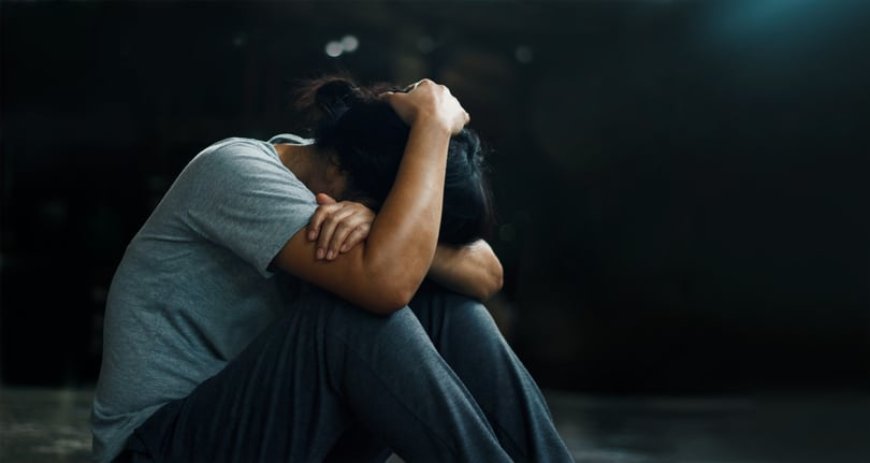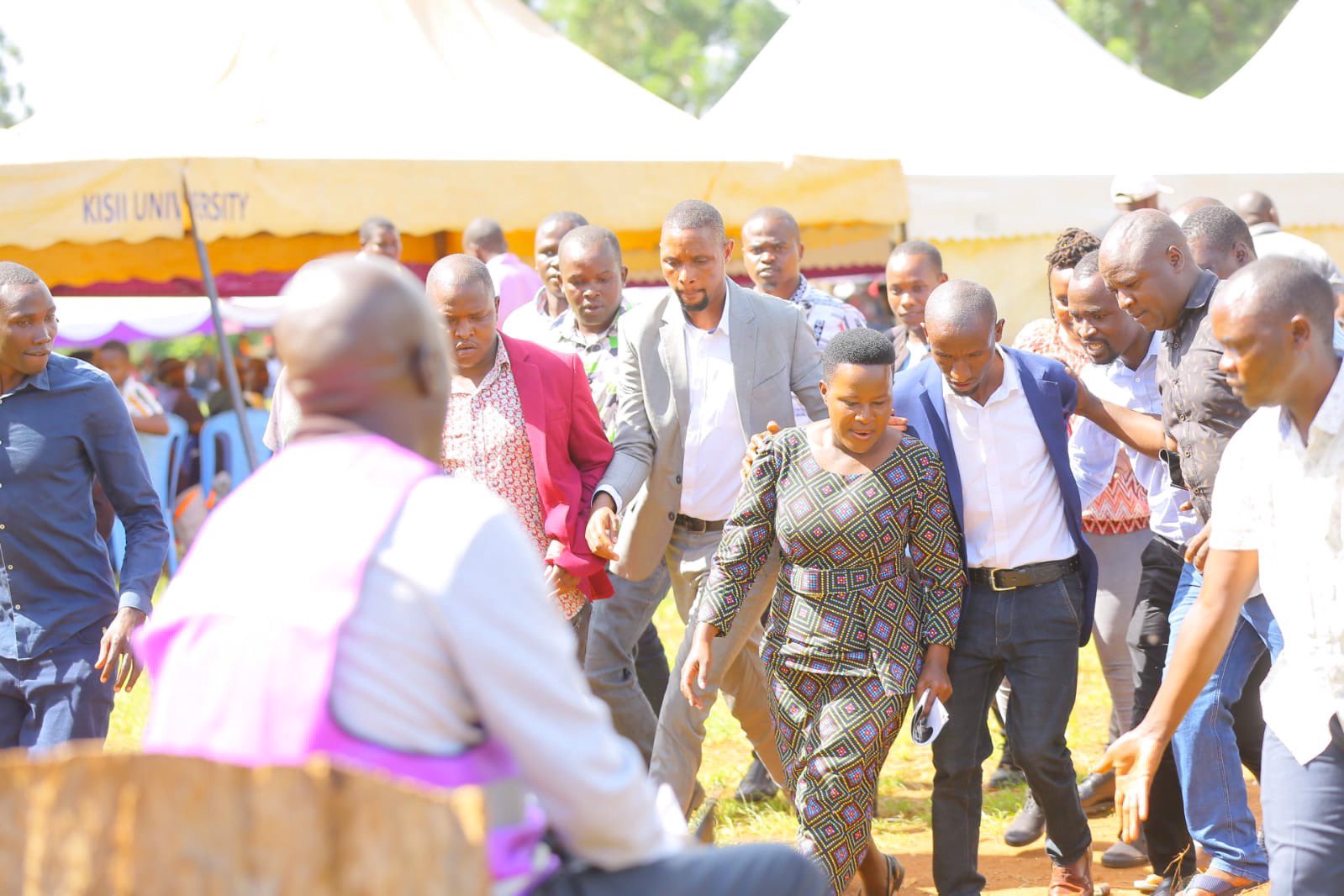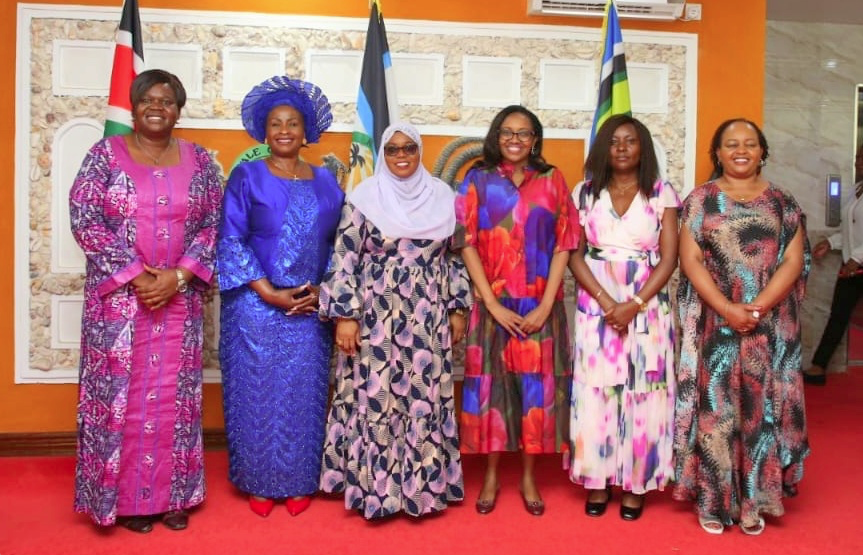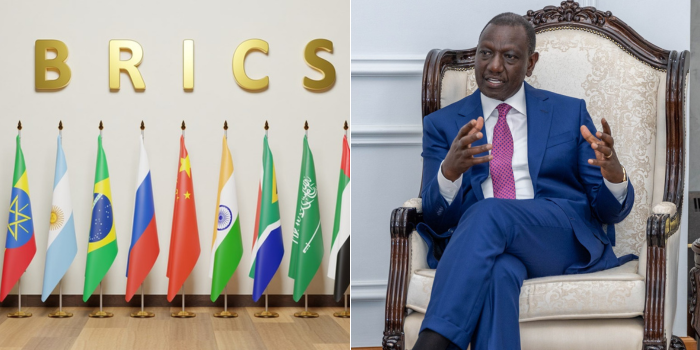The Tales that Heal-African Cinema’s Role in Breaking Mental Health Stigmas
This article explores the significant impact of African cinema in addressing mental health stigmas within communities. By showcasing authentic stories that resonate with audiences, filmmakers are breaking down cultural barriers and fostering dialogue around mental health. Through relatable narratives, African films are not only entertaining but also serve as powerful tools for healing and understanding.

African Cinema’s Role in Breaking Mental Health Stigmas:
In a world marked by stereotypes and misconceptions about mental health, storytelling has emerged as a potent weapon against stigma. African cinema, with its rich tapestry of culture, characters, and narratives, has become a powerful medium in portraying mental health issues authentically and compassionately. As filmmakers draw upon local customs, struggles, and triumphs, they create relatable narratives that resonate deeply with audiences, challenging the longstanding taboos surrounding mental illness across the continent.
In many African cultures, mental health is often viewed through a lens of stigma and misunderstanding. Traditional beliefs may frame mental illness in terms of spiritual afflictions or familial shame, leading to silence and isolation for those affected. Yet, with the rise of contemporary African cinema, a new wave of filmmakers has taken it upon themselves to shed light on these often-hidden stories. In films like "The Forgotten Kingdom" and "Vaya," we see characters grappling with mental health issues, including depression and anxiety, who navigate complex realities grounded in their cultural contexts. These stories highlight that mental health struggles are universal, regardless of geographical boundaries.
One notable film is "Happy Family," which follows a young woman whose mental health journey unveils the pressures of societal expectations and the superwoman complex often faced by women. By portraying her struggles with anxiety and the expectations of motherhood, the film opens up a conversation about women's mental health in a society that often prioritizes appearance and success over emotional well-being. Viewers watch as she learns to ask for help and prioritize her own health, fostering compassion and understanding throughout her community.

Additionally, films like "The Wedding Party" and "Lionheart" incorporate humor and heart while addressing mental health themes. While these movies predominantly focus on love and relationships, they rudely awaken laughter in readers as they subtly highlight the emotional burdens that characters carry. In doing so, they remind us that humor can coexist with pain, and that it’s essential to speak openly about our struggles rather than bury them beneath a smile.
Furthermore, platforms like Netflix have opened the door to the wider dissemination of African films, making them accessible to global audiences. This wider viewership has the potential to change the narrative surrounding mental health not just in African societies but globally. The authenticity of African storytelling can help dismantle Western-centric perceptions of mental health issues, showing that they are part of the human experience—a truth that resonates irrespective of borders.
However, the journey isn’t without its challenges. Many filmmakers continue to risk backlash from both audiences and traditionalists when tackling sensitive topics. Some people still hold resistant views about mental health, as evidenced by the reluctance of certain communities to accept that mental illness is just as valid as physical ailments. But by fearlessly telling these stories, filmmakers are not just creating entertainment; they are advocating for social change, urging audiences to rethink their perceptions and accept that mental health should be treated with the same urgency and compassion as physical health.
Moreover, the role of community is pivotal in this healing journey. When characters in African cinema openly discuss their mental health challenges, they reflect the shared experiences of many in their communities, allowing viewers to feel seen and understood. This communal understanding fosters a culture where discussing one’s mental health is seen not as a weakness but as a brave step toward healing. After all, it can be easier to confront our own struggles when we see them reflected in the stories around us.
In conclusion, African cinema has emerged as a vital instrument in breaking the chains of mental health stigma across the continent. By crafting relatable narratives that showcase the diligence and resilience of individuals facing these challenges, filmmakers are creating pathways of understanding and empathy. As audiences engage with these stories, they are not just entertained; they are encouraged to reflect, discuss, and, ultimately, heal. African cinema is proving that it is not just the tales told that can heal, but the conversations they inspire and the lives they transform. As these stories continue to unfold on screens, the hope is that they will foster a future where mental health can be openly discussed and destigmatized, bringing us all one step closer to understanding and healing.
What's Your Reaction?







































































































